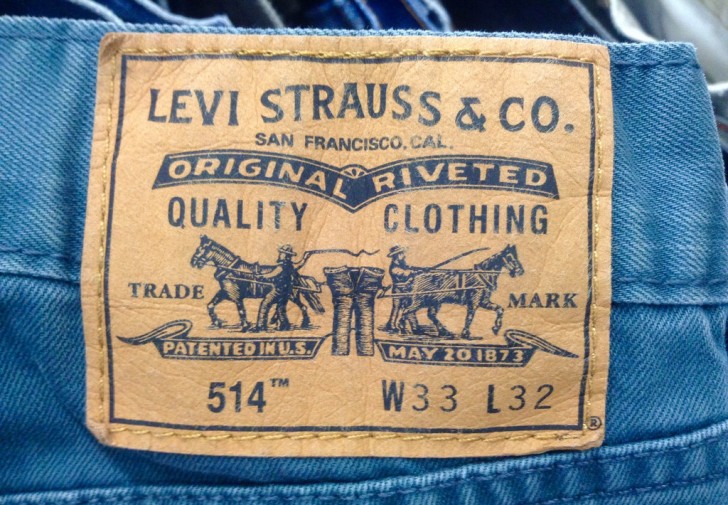Three Factories
Globally, the Health Safety and Environment (HSE) department in companies are heavily involved in ensuring working conditions are safe for employees. Levi Strauss will be using the decentralized technology to track HSE related data entry and recording, “anonymously and securely” in three factories in Mexico. The tracking would see working conditions and health of over 5,000 workers.
Levi will be using a well-being index developed by Harvard’s T.H. Chan School of Public Health, called Sustainability and Health Initiative for NetPositive Enterprise (SHINE). The blockchain HSE system itself will be coded by Ethereum’s development studio, ConsenSys.
Dr. Eileen McNeely, the director at SHINE, was said about the safety system on blockchain, “[This is an] exciting innovation with broad potential for positive impact on worker well-being worldwide”.
ConsenSys founder Joe Lubin said the system would create a “transparent environment for workers to securely and anonymously share critical information” and “Our goal is to develop, test, and scale a system that could empower employees, suppliers, and consumers to make informed decisions about factories, products, and brands”.
Safety on Blockchain
Though not the first, Levi Strauss’ system will be the pioneering one when it comes to a broad level factory safety on blockchain. IBM has already teamed up with Ford and LG electronics to record metal mining and refining supply chain on blockchain to ensure that battery related raw materials are not obtained from mining facilities that employ child labour.
IBMs blockchain, however, is based on Hyperledger’s fabric, rather than Levi’s Ethereum based one.
These projects are first time cases of the decentralized technology being practically developed in the factory safety sector. Levi’s project has seen interest by the U.S. government, with the Department of State granting USD 80,000 for the pilot project.
 Saad Ullah
Saad Ullah

 Saad Ullah
Saad Ullah


